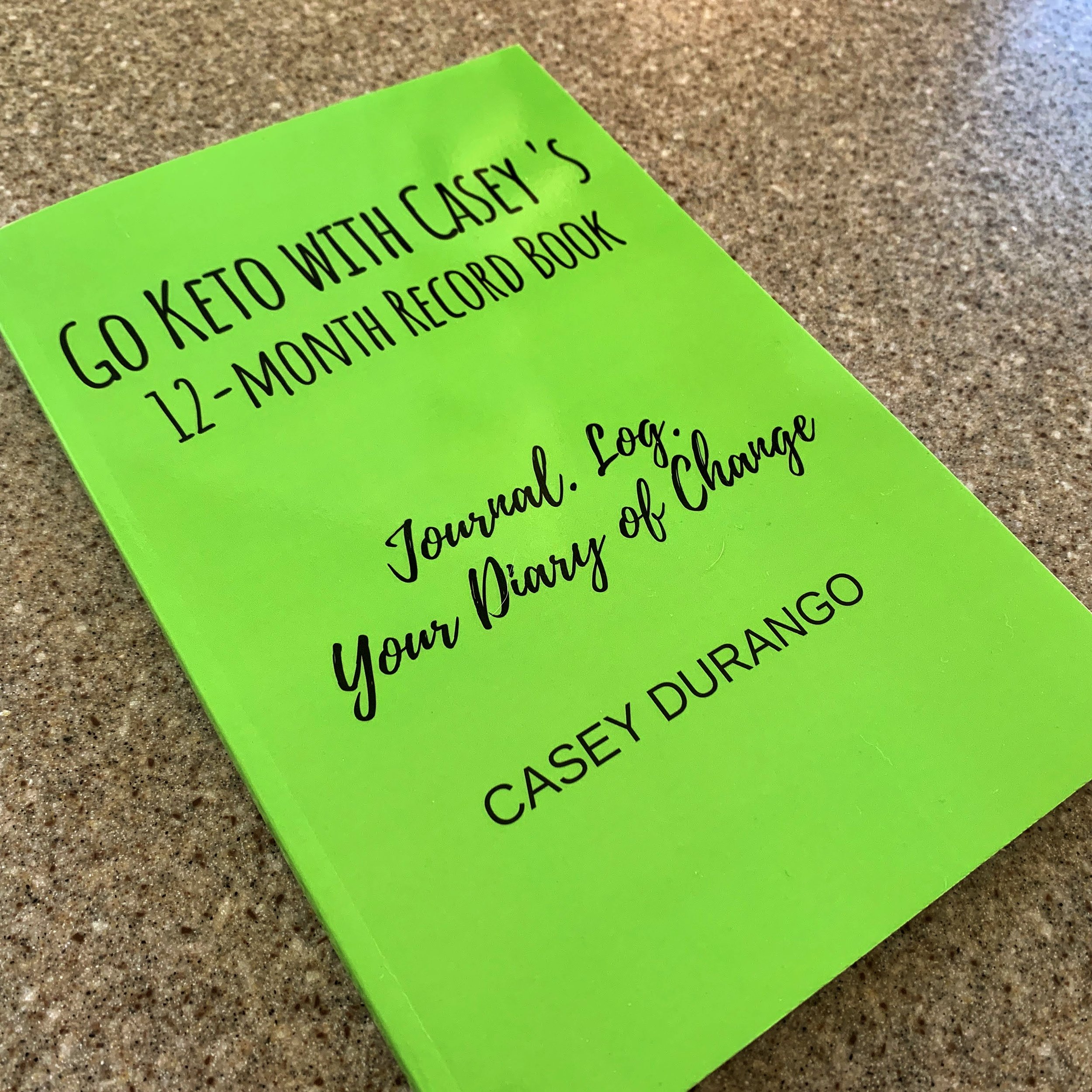We have a cuckoo clock. It's one of my favorite things, chirping throughout the days and nights since it was given to us by the grateful father of a German exchange student our family inherited. (That's a story for another time.) Cuckoo has hung in our kitchen, overseeing our lives for over twenties year. Comings and goings, graduations, parties, weddings, wakes. And innumerable meals.
What does our Black Forest clock have to do with the ketogenic diet—the main raison d'être of this blog? Stick with me here. The metaphor is on deck.
Cuckoo has been ubiquitous in my life, heard in every room of the house, and even in the gardens when weather permitted open windows.
Tick-tock, tick-tock, tick-tock ... *cheep! cheep! cheep!*
Cuckoo is the very definition of complex simplicity. Keep her chains pulled every day to ensure the pendulum continues moving side to side, and let the intricate mechanisms behind her face do the rest. (Can you sense the metaphor building?)
There came a time recently where the usual tiny adjustments to Cuckoo weren't enough to keep her going: a little nudge to the cabinet to make sure it was plumb, correct the placement of the maple leaf on the pendulum, up or down, to speed her up or slow her down—gravity has its effect on clocks as well as people—all to no avail. The ticking faltered again and again.
We're fortunate to have a clock specialist in our city. He brought my late mother's grandfather clock back to chiming health. Could he help poor Cuckoo, or was she beyond hope?
Happily, she' back home, cleaned up, her chains are shiny, and the wooden components have a rich stain. She now even has a minute hand! (Yet another long story.)
The real work, though, is inside the cabinet. It turns out that her delicate works were gummed up and grimy. I learned that just a little check-up every few years is in order.
Alright though. What is the connection between Cuckoo and keto? When she was reinstalled at her vantage point overseeing our lives and started back with the ticking and chirping, she sounded different. I realized that her sounds to which I had become accustomed before were not at all how they should have been. Her now smooth, clear cheeps were in contrast to her pre-cleaning. She had been clanging before. And haltingly so. I had gotten used to it, not noticing the changes because they were gradual—chronic, if you will, instead of acute. Cuckoo was sending signals that changes were needed. *CLANG JANGLE CRACK*
And now the allegory arrives.
Our bodies are let us know when things aren't right. From joint pain to weight gain, blood sugar to blood pressure issues, brain fog to heartburn to depression, the signals are there. The changes for the worse can be so gradual as to be unnoticed. We get used to the clangs of our joints. Putting on ten pounds turns into an extra fifty. Our moods can't seem to come out of the basement, and having energy is a nostalgic memory.
For me, all those messages from my corporeal self were ignored and for too long. The solution was to eat the food I am designed to eat. The ketogenic diet has brought me to good health—no more clanging.
I guess one could say I cleaned bad health's clock.
That metaphor might be too tortured, though.












